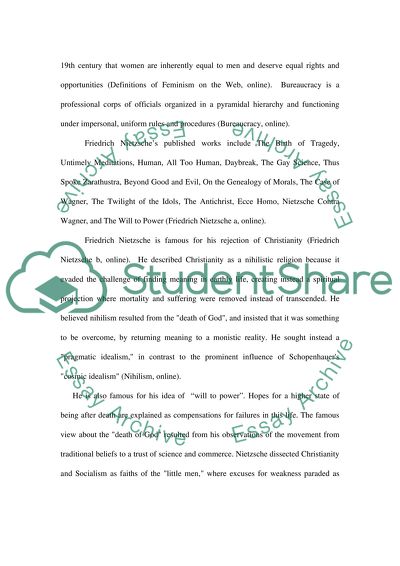Cite this document
(“Friedrich Nietzsche a Philosopher in Society Essay”, n.d.)
Friedrich Nietzsche a Philosopher in Society Essay. Retrieved from https://studentshare.org/philosophy/1501562-friedrich-nietzsche
Friedrich Nietzsche a Philosopher in Society Essay. Retrieved from https://studentshare.org/philosophy/1501562-friedrich-nietzsche
(Friedrich Nietzsche a Philosopher in Society Essay)
Friedrich Nietzsche a Philosopher in Society Essay. https://studentshare.org/philosophy/1501562-friedrich-nietzsche.
Friedrich Nietzsche a Philosopher in Society Essay. https://studentshare.org/philosophy/1501562-friedrich-nietzsche.
“Friedrich Nietzsche a Philosopher in Society Essay”, n.d. https://studentshare.org/philosophy/1501562-friedrich-nietzsche.


